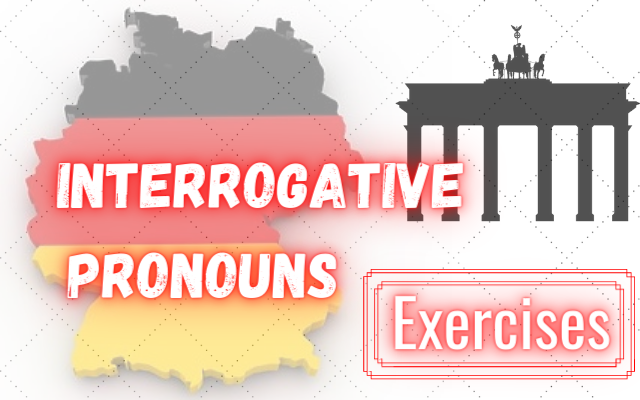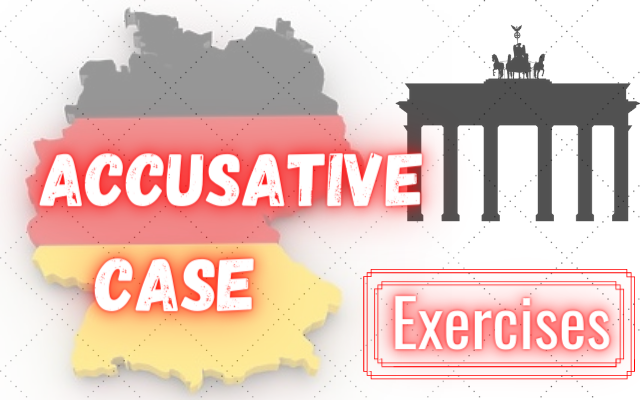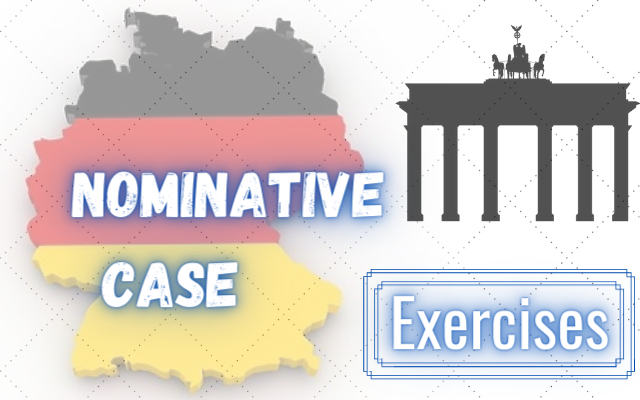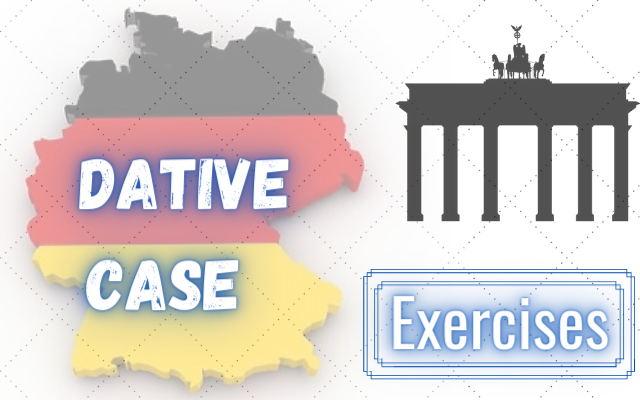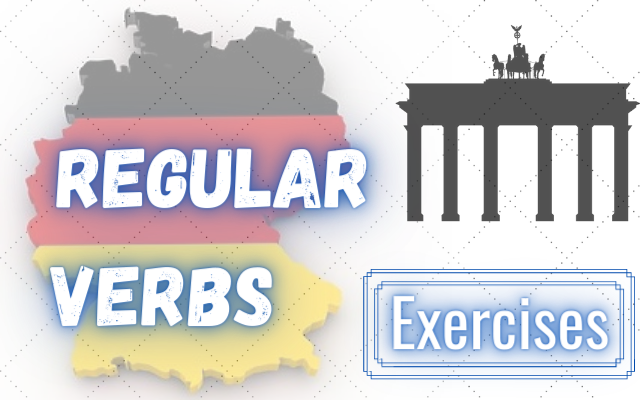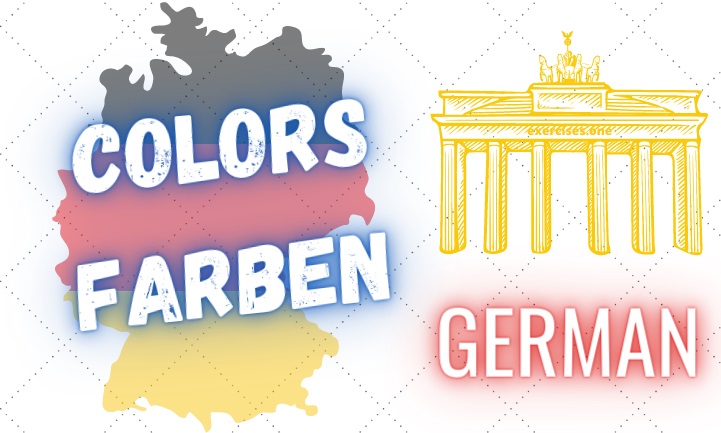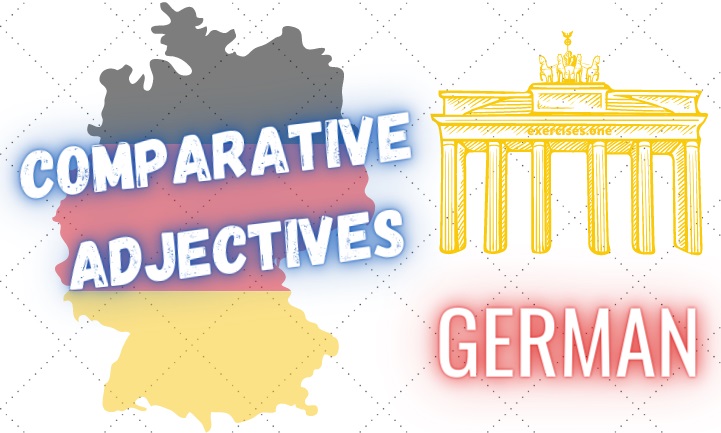
Hello student, today we are going to continue building on your knowledge of the German language by focusing on comparative adjectives. These are words that help us express how two things or people are different from each other.
They are essential for effective communication, especially when you want to compare things or people. As you know, in many languages, including German, we change adjectives to indicate comparison. For instance, saying something is bigger, smaller, faster, slower, etc.
This session will allow you to practice rearranging sentences with comparative adjectives, translate sentences from English to German and also practice vocabulary. Let’s get started!

1) Put the Sentences in the Correct Order – German Comparative Adjectives
a) ist / schneller / Hase / der / Schildkröte / als / die
Der Hase ist schneller als die Schildkröte.
2) Can you Translate these Sentences?
a) This car is faster than the old one.
Dieses Auto ist schneller als das alte.
3) Practice your Vocabulary of German Comparative Adjectives
a) Better – Worse
Besser – Schlechter
4) Practice Your Writing by Translating this Small Text Taking the German Comparative Adjectives into Consideration
Cool! You have worked hard on understanding and using comparative adjectives in German. This is a significant step forward in your German language journey, and you should be proud of your achievement.
Remember, the ability to compare objects or situations is an integral part of communication, and you’ve just honed that skill in another language!
Keep practicing these comparative forms, and try to use them in your conversations and writings. You’re doing a fantastic job, and I can’t wait to see what you’ll accomplish next. Until our next lesson, keep up the great work!





